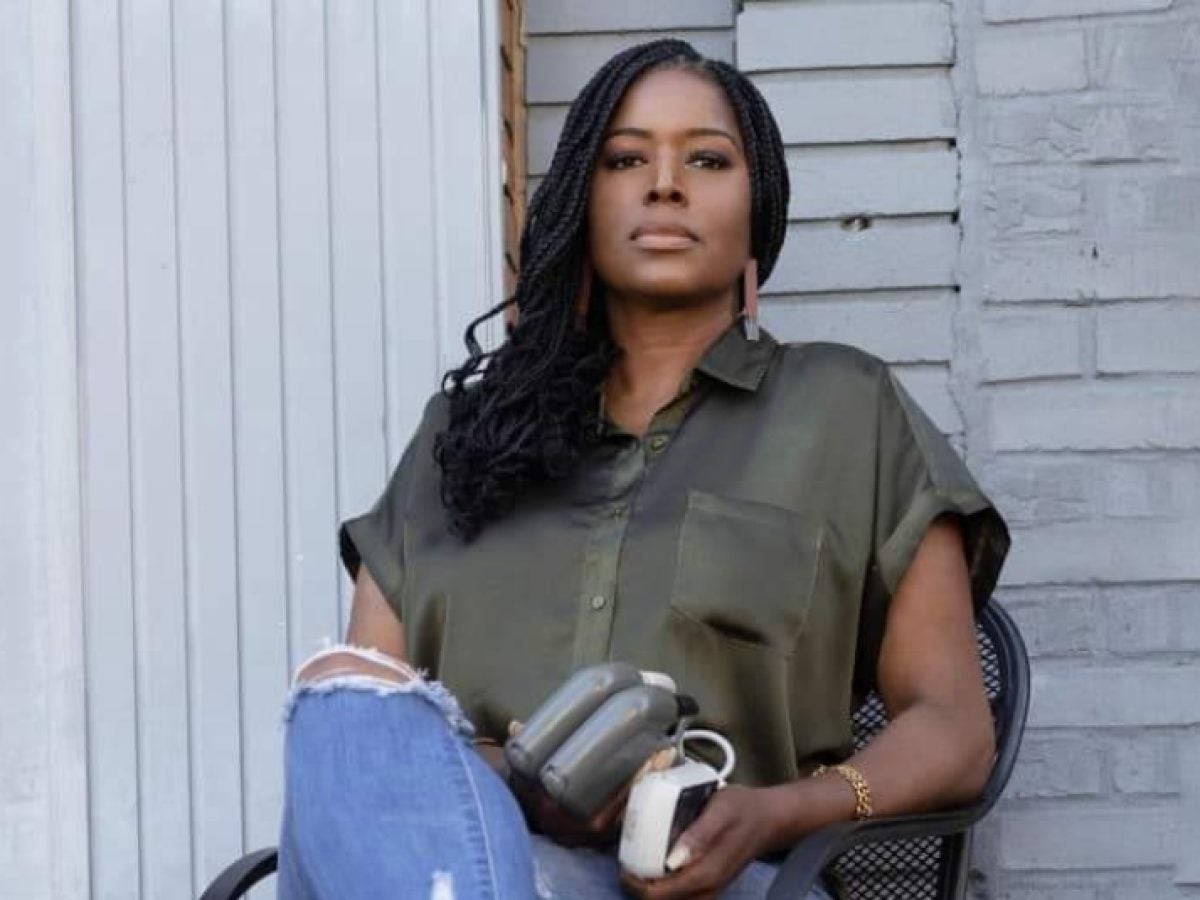
February is American Heart Health Month. Here’s what you need to know to take care of the vital organ, as heart disease is still the leading cause of death for Americans, men and women alike.
Tina Marsden was hours away from losing an invisible battle with heart disease when she stumbled into the hospital. She was seeking care against the medical advice of a previous a doctor who told her to wait 72 hours before returning to the emergency room. Had she listened, she would be dead.
Marsden began feeling poorly in the middle of a 2002 flu surge. She thought they would acknowledge how poorly she was feeling and be on alert immediately. “I kept saying, if I go to the hospital, they’re going to keep me. Because I felt that bad,” she tells ESSENCE.
The examination was not as thorough as she expected and the doctor was short with her. “When I do get called back, he listens to me with a stethoscope. That’s it,” she recalls. “They didn’t do X-rays or anything.”
Her recommendations came in a split second. “He says, ‘You have a touch of walking pneumonia,’” she recalls. “‘Allow this prescription three days to work. Do not come back before three days.”
Forty-eight hours into the 72, she knew returning to the ER was a matter of life and death. Her persistent shortness of breath was terrifying. “I said, if I go to sleep, I’m not going to wake up,” she says.
Hours later, she learned she had a hole in her lungs, congestive heart failure, and postpartum, also called peripartum, cardiomyopathy. “‘Your doctor told me not to come back for three days,”’ Marsden says she told a nurse. “I said, ‘What would have happened if I waited three days?’ She said, ‘Only God knows.’”
It was not the first time the system had failed her. Marsden previously had an emergency C-section due to concerns about her heart, but the healthcare professionals aiding her did not go in depth about their decision and the condition of her heart at the time. She became enraged during her crisis after hearing from a cardiologist who was shocked at her previous doctors’ carelessness.
“She said it is a known fact in the medical community that every woman’s heart is stressed during pregnancy. There’s going to be a percentage that develops some form of heart failure. The belief is that the body’s going to correct itself and then bounce back after you give birth but then there’s another small percentage that that doesn’t happen,” she says.
A study conducted by researchers at the Perelman School of Medicine at the University of Pennsylvania and published in JAMA Cardiology found that “African American women were found to be twice as likely to be diagnosed with peripartum cardiomyopathy.”
Marsden says the lack of attention to this critical issue is jarring. “Every woman’s heart is impacted by pregnancy, but we’re not doing anything to promote awareness.”
Her condition worsened, and she became a candidate for a left ventricular assist device. She initially rejected the recommendation because she thought it would be another interruption to a life that was already deeply affected by healthcare struggles. Today, if she could change one thing about her experience with the Abbott HeartMate 2 LVAD, it would be that she would have chosen to have it placed sooner.
“I wouldn’t have put it off because I could have died waiting,” she says.
On New Year’s Day 2012, she went into surgery with a heart function of only five percent. “It was nothing but the grace of God that I was still making it up to that point,” she says. More than a decade later, there are times she forgets the device is there “because I get so comfortable.”
Marsden recently launched Why Advocate?, a community designed to offer support to people who have been affected by a medical diagnosis. “It’s so important to be able to be just a voice and to be a system of support to be able to connect with other patients,” she says.
Sharing her experience helps demystify the experience for those who are unsure about committing to similar interventions after getting life-changing news. She wishes someone would have relayed their own experiences to her when she was figuring out whether or not to go through with the left ventricle assist device. “They didn’t connect me with anybody with a similar experience to me that I could talk to,” she says.
Thankfully, she made the right choice on her own and it was the best decision she could have made.
“There’s so many doubts and questions and fears. I was afraid. You hear and see all this stuff and you think the worst, but when I tell you I wouldn’t trade this,” says Marsden of her essential device. “There’s been so many times that it literally has saved my life.”




